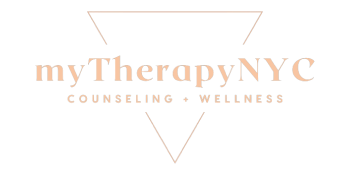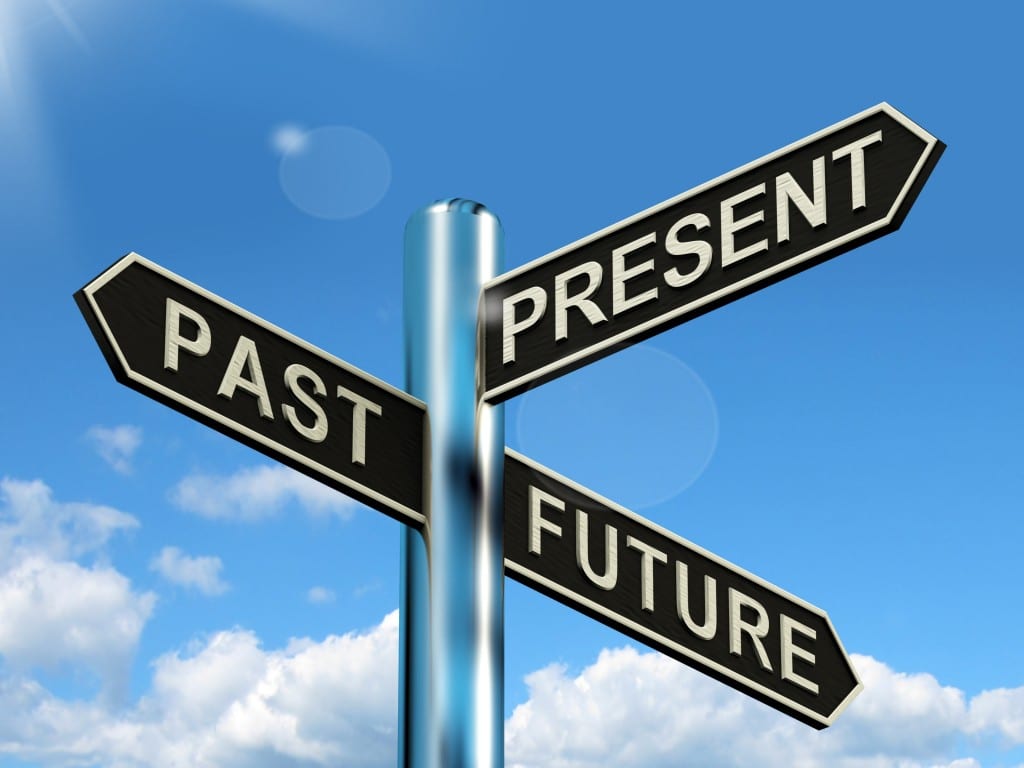A friend of mine recently told me about being in a bar and chatting someone up. During the small talk/flirtation, the object of interest coyly asked the question, “How old do I look?” Granted, the person asking could have been 25 or 55, but my friend knew the correct answer seemed to be…any number lower than their actual age. I’ve heard that question before (and maybe even asked it myself a time or two) and it always makes me wonder what else is being asked – or said – about age.
“Aging” is mostly used to describe the physical changes that the body goes through. But getting older isn’t just a physical process, it’s also an emotional one. And while you can make changes in your lifestyle to help or compensate for physical changes, it’s just as important to keep developing and changing your mental attitudes about age. In other words, growing older should go hand in hand with maturing.
As kids, we can’t wait to get older, to become more independent, and to taste the freedoms reserved for “grownups”. So what happens that we start to become more self-conscious about getting older? An 18-year-old wonders what being 21 will be like, a 25-year-old begins to dread turning 30, and each of the next milestones of approaching middle-age like turning 40 or 50 can become a source of anxiety instead of possibility.
ALTER THE TIMELINE
Our social norms – impacted by culture, religion, gender – often dictate a sense of how we should live our lives, creating a timeline to measure events throughout the lifespan. We use timelines in our lives to highlight important events, checking off achievements and sometimes defeats. But all too often, the timeline focuses more on dates than events, and whether we “missed” a deadline, like not finishing college in four years, or getting married in your 30s instead of your 20s.
But you’re the author of your timeline. As our life spans continue to extend and social conventions continue to evolve, more significant life events, including education, family and marriage, can happen later as well as multiple times in life. Our milestones can be acknowledged when they happen, instead of when they’re supposed to happen and don’t have to follow a specific sequence. We can even choose which milestones we want to recognize.
RECOGNIZE MILESTONES, NOT NUMBERS
A milestone is defined as a significant event in development, and including marriage, graduation, and career. Again, often they are too rigidly tied to specific ages. This makes it easy to overlook other accomplishments that aren’t socially sanctioned. It’s incredibly powerful to recognize as milestones those achievements that mean something specific to you: getting a promotion, completing a class for fun, dating someone for six months, even writing your first blog! Making a change regarding a problem behavior, forgiving someone who’s wronged you or overcoming a health issue – we don’t always validate this kind of achievement. And if nothing succeeds like success, it’s essential to acknowledge your successes, no matter how large or small, in order to build on them.
Accepting getting older doesn’t have to mean being resigned about age or giving in to frustrations. Instead it means being non-judgmental and objective about all your feelings regarding where you are in life, good, bad and indifferent. When you recognize those insecurities or fears about age and what they are about, as well as your life accomplishments and the strengths that made them possible, you’ll have greater ability to make changes and achieve your dreams as you mature. George Burns said, “You can’t help getting older, but you don’t have to get old” – timeless advice for any age.
- 3 Skills for Validating Your Partner’s Feelings - July 6, 2015
- How Trauma Gets Passed Along - March 31, 2015
- Why New Year’s Resolutions Don’t Work! - January 13, 2015




